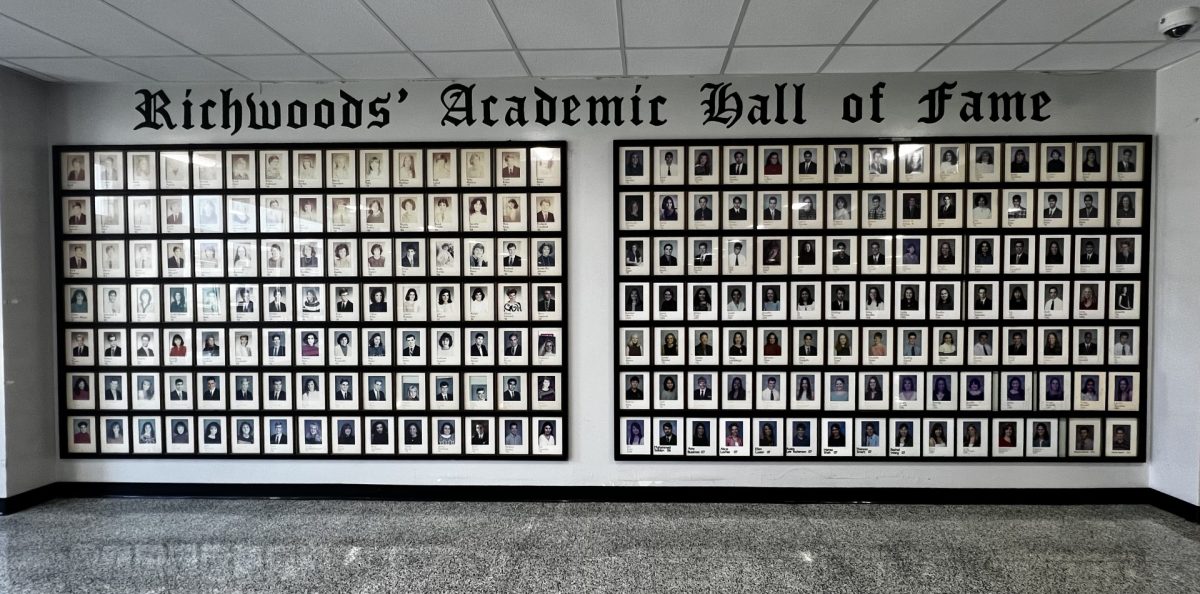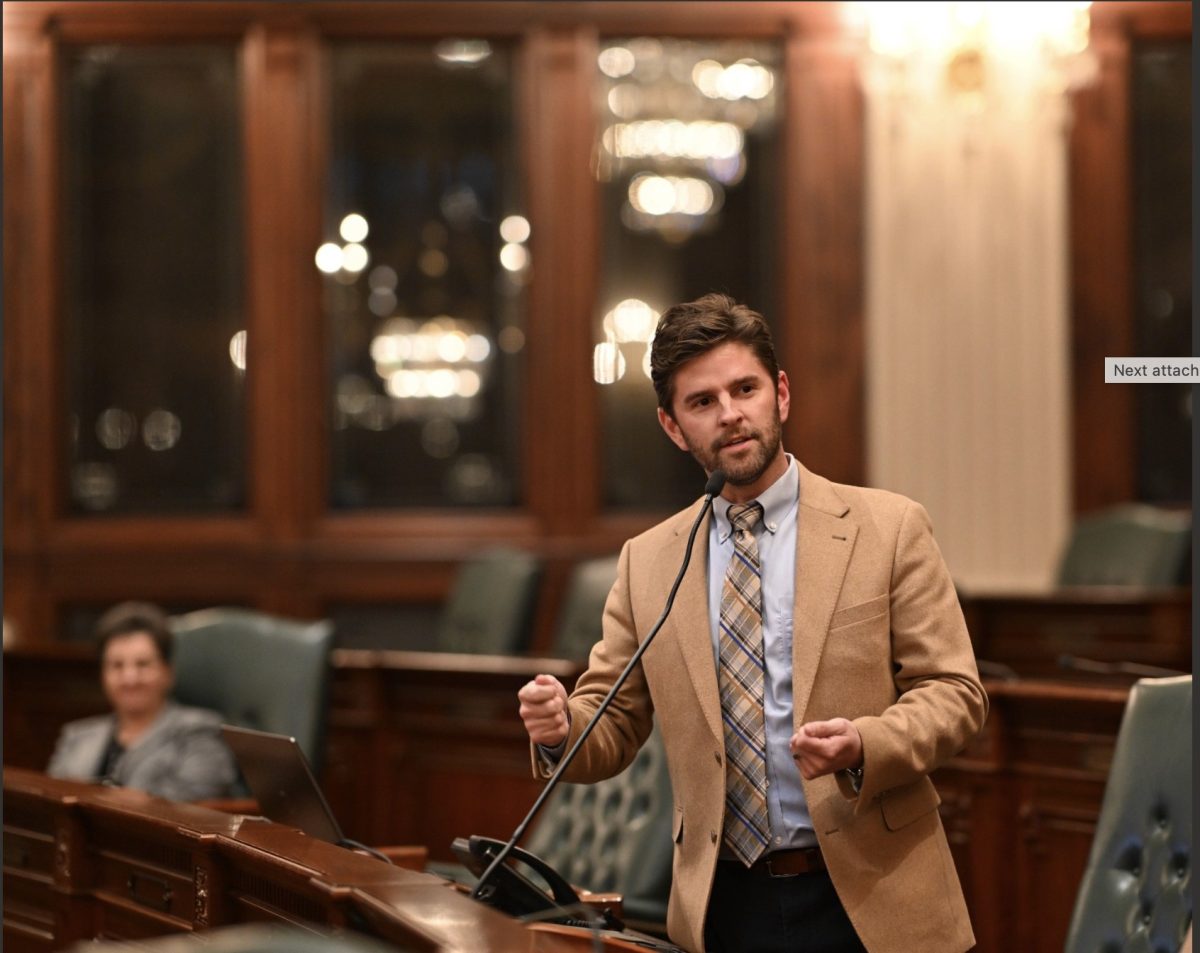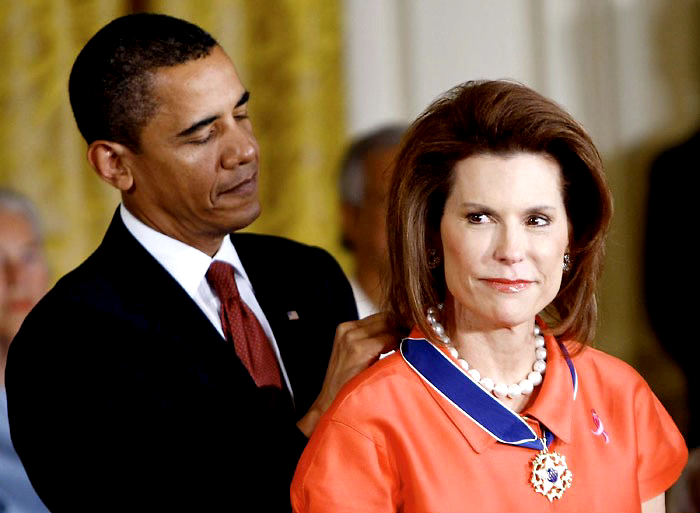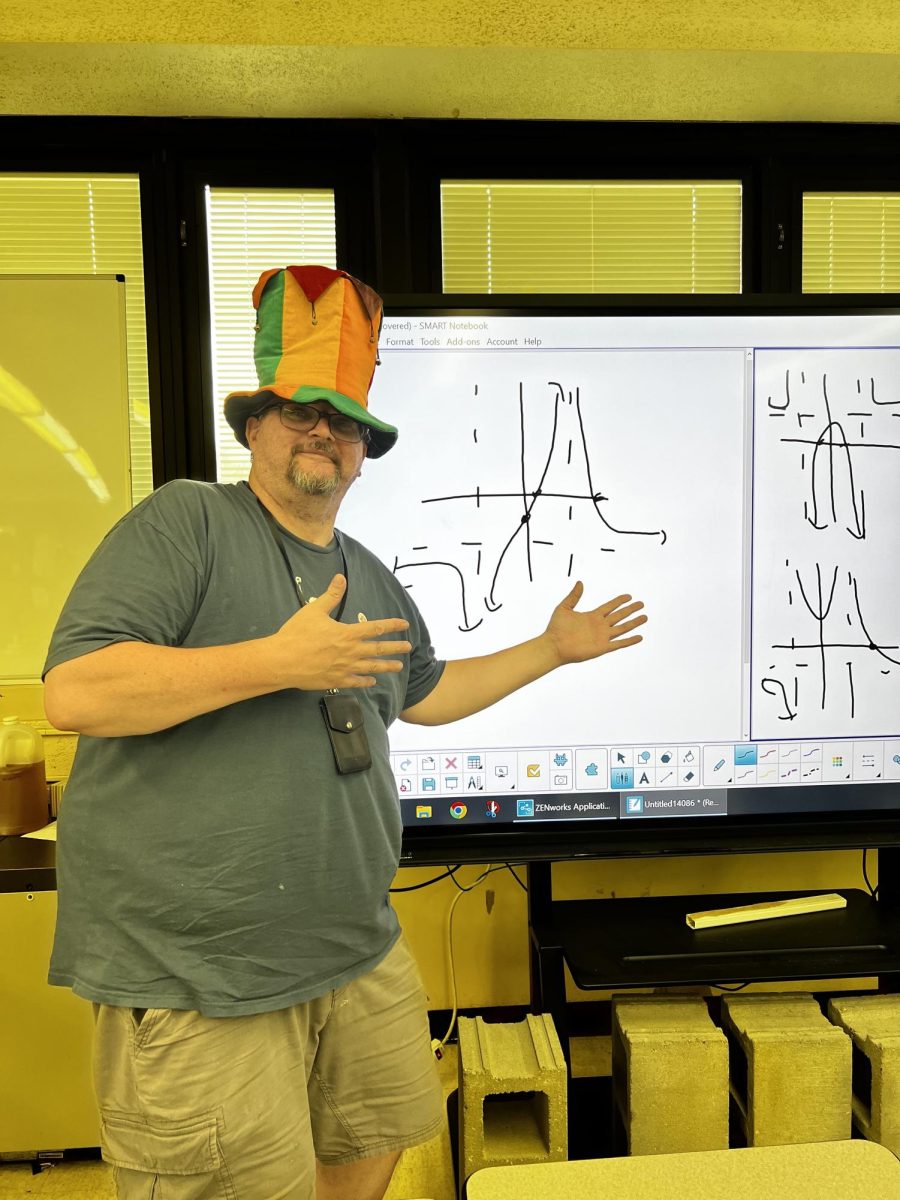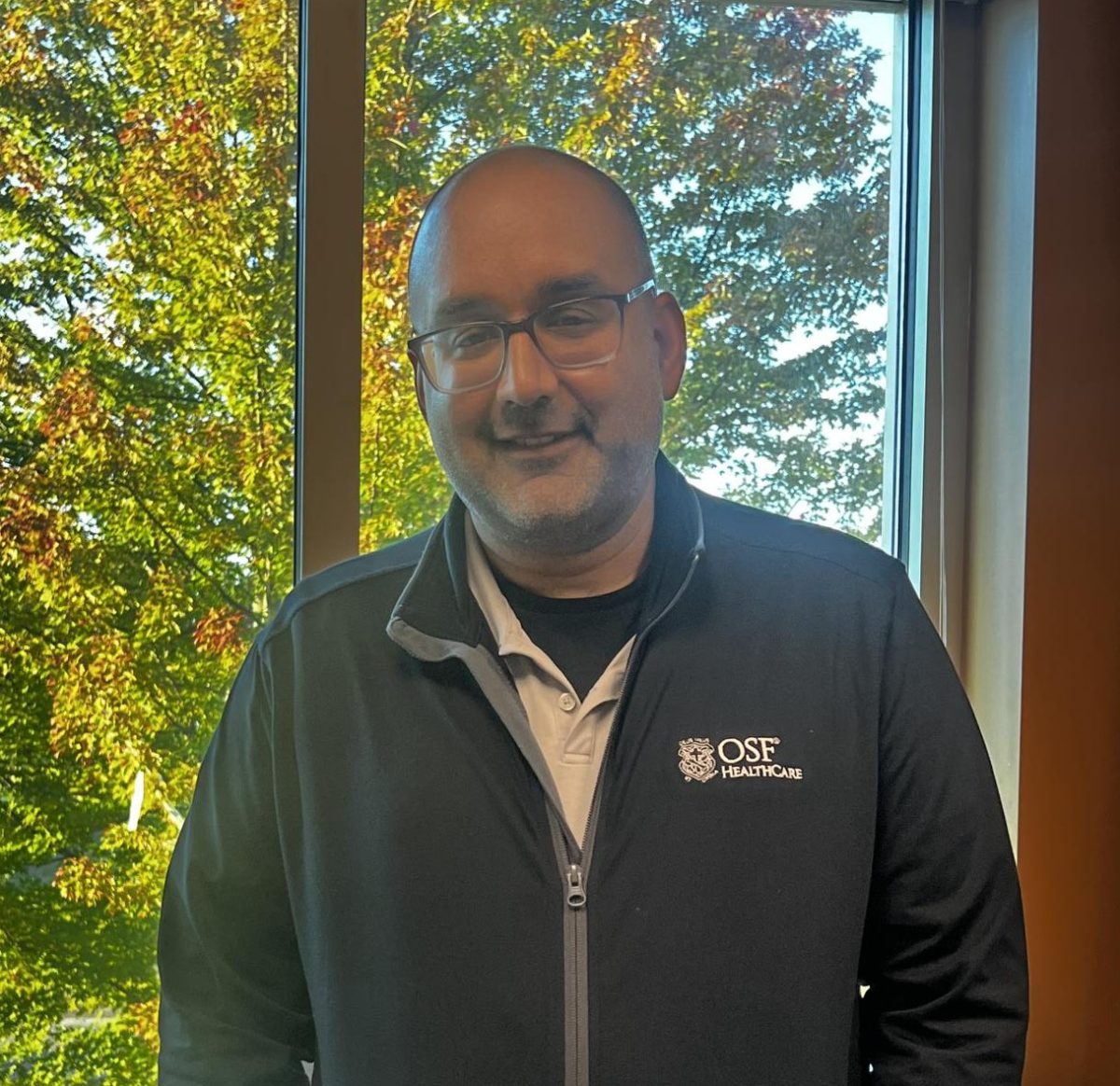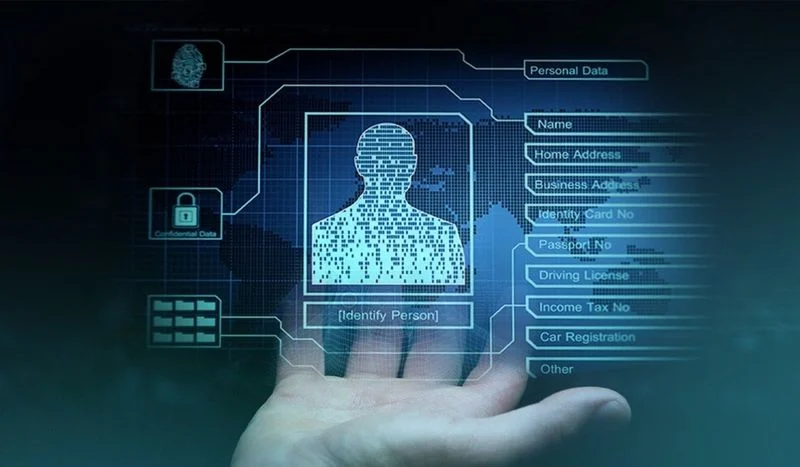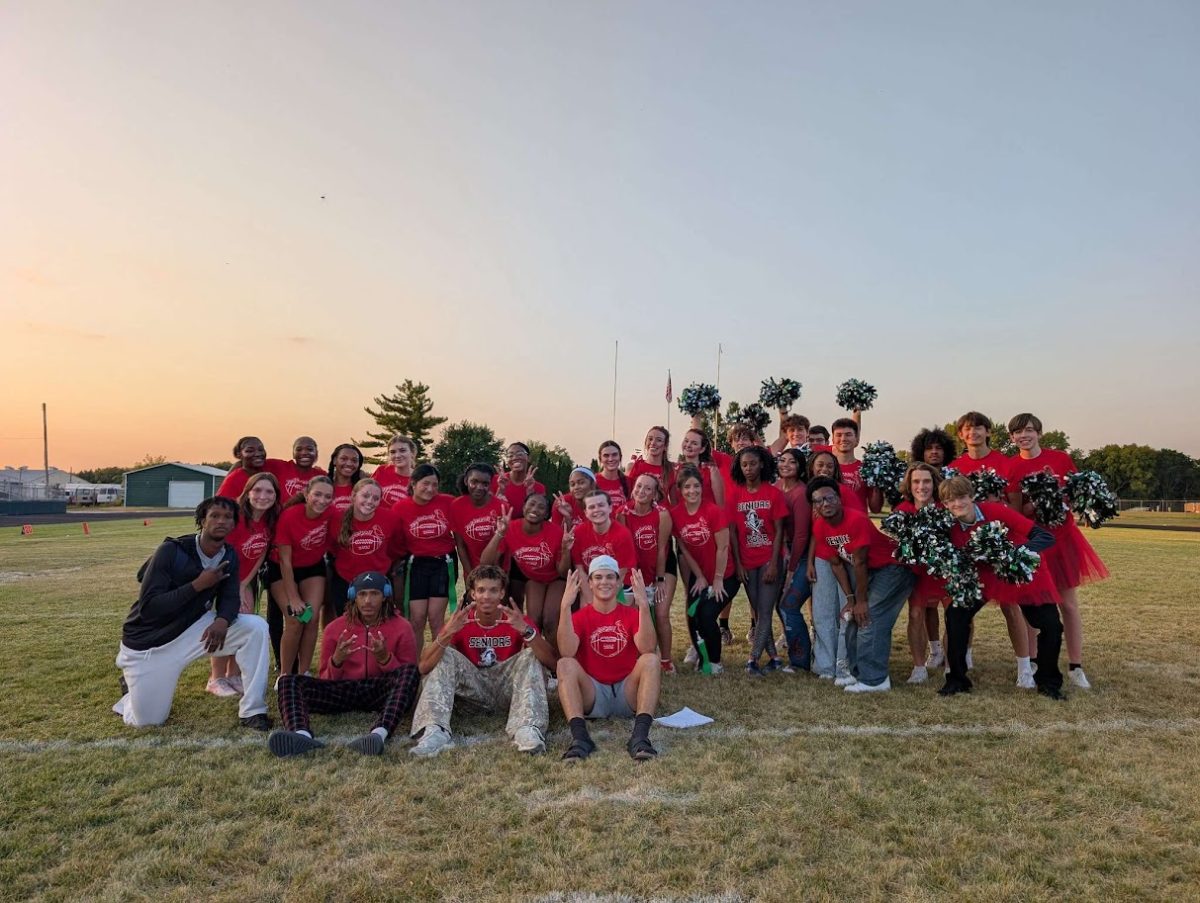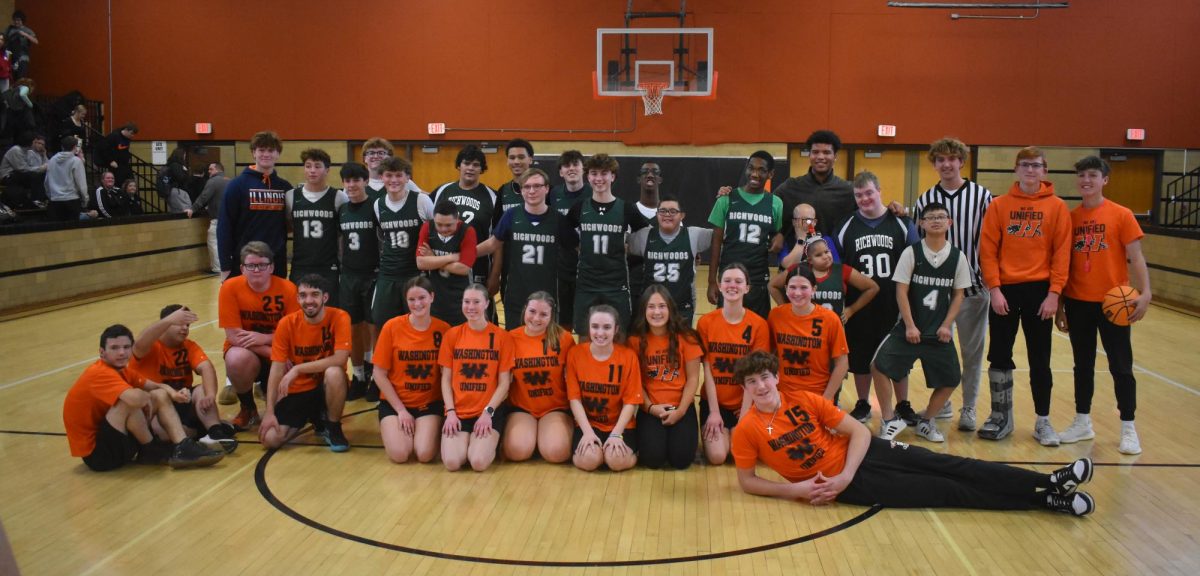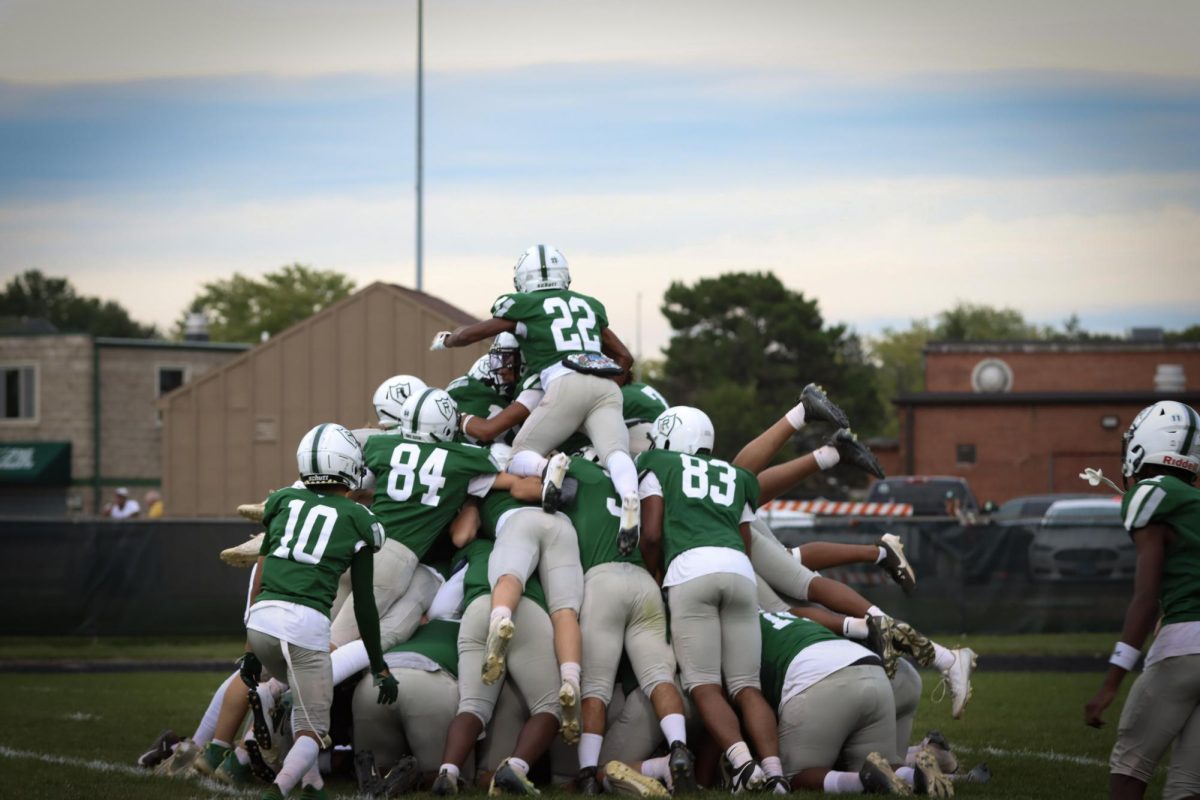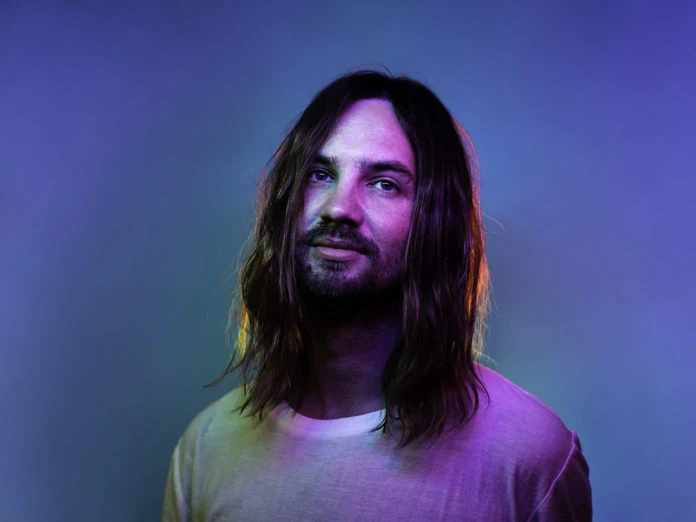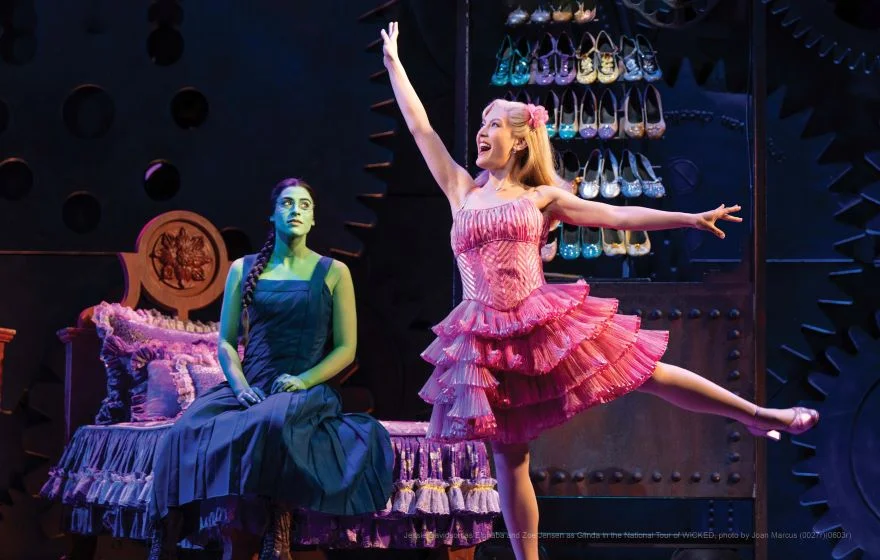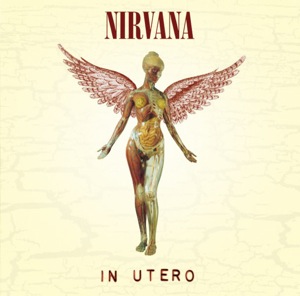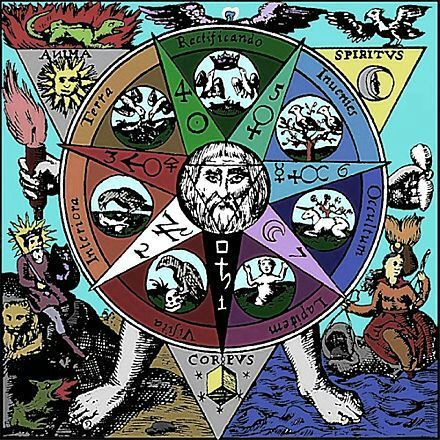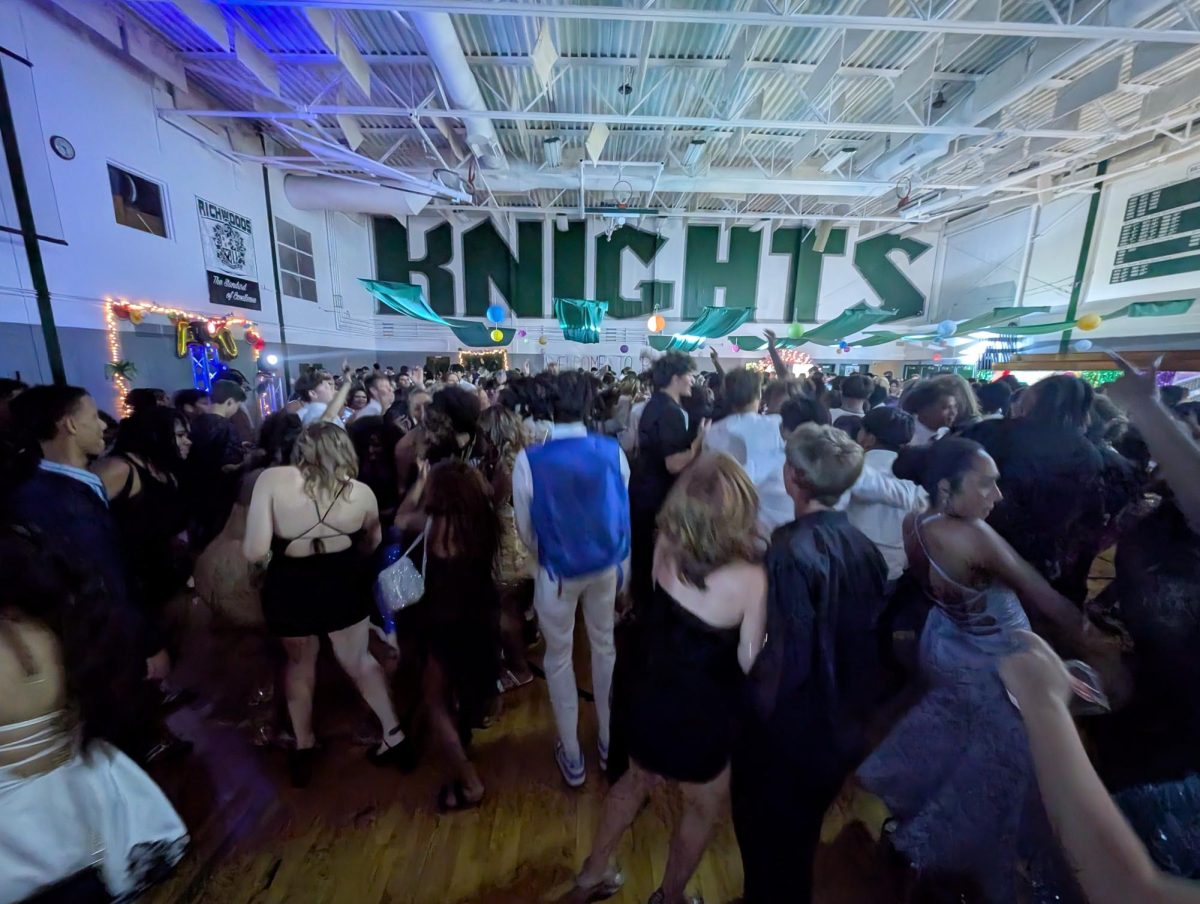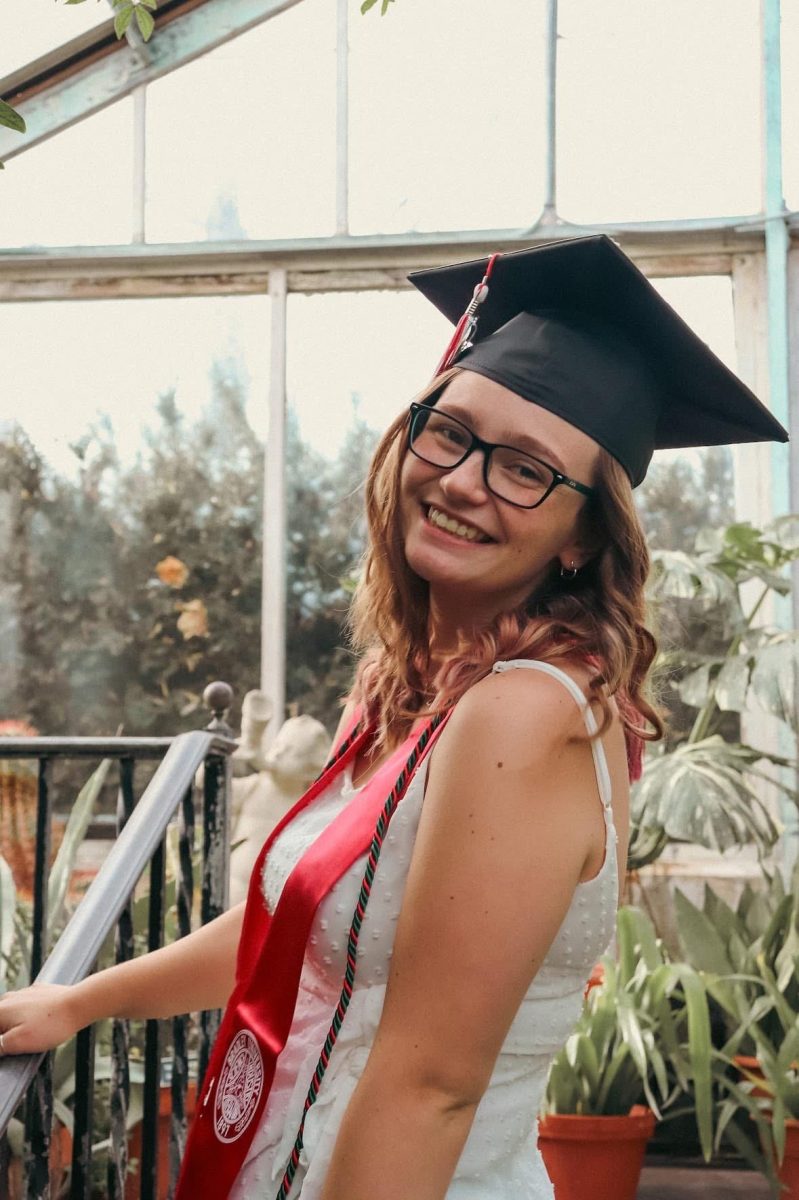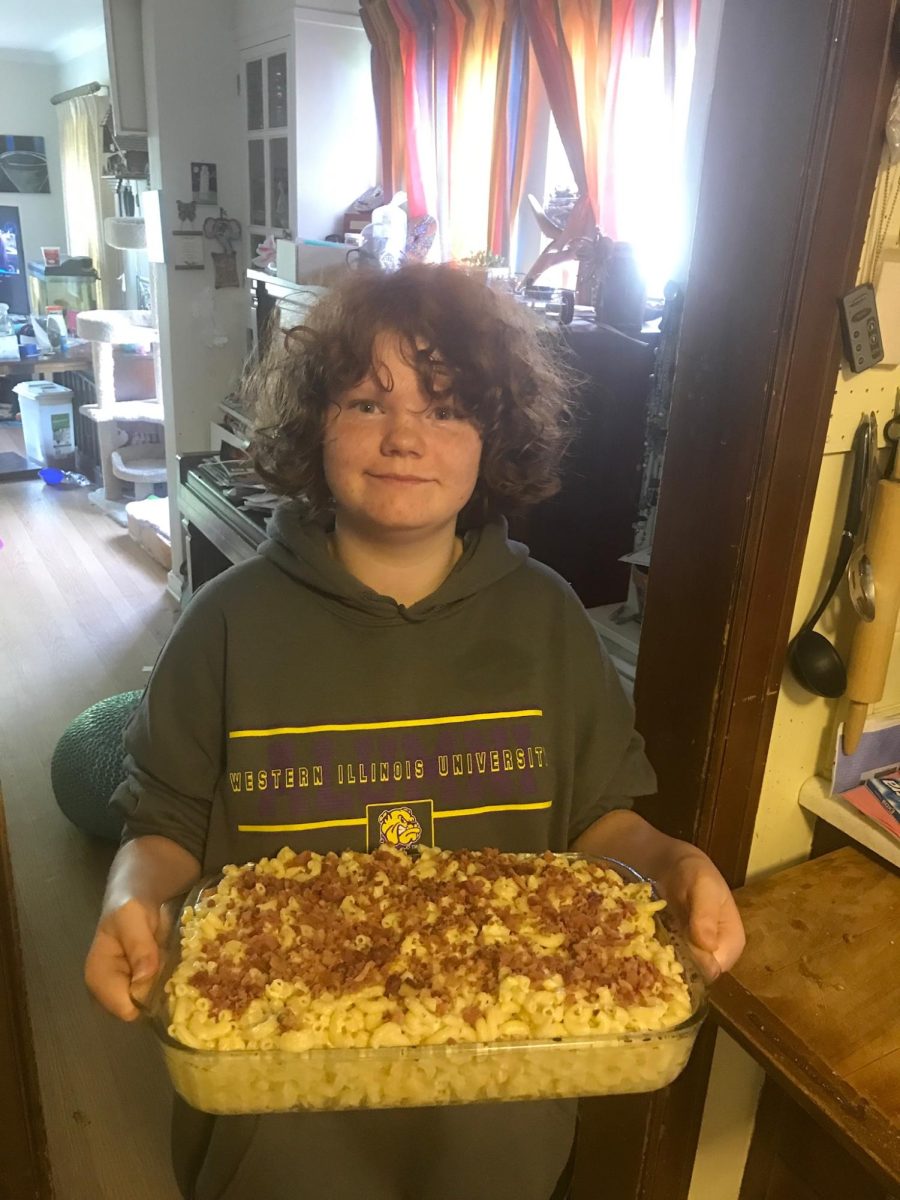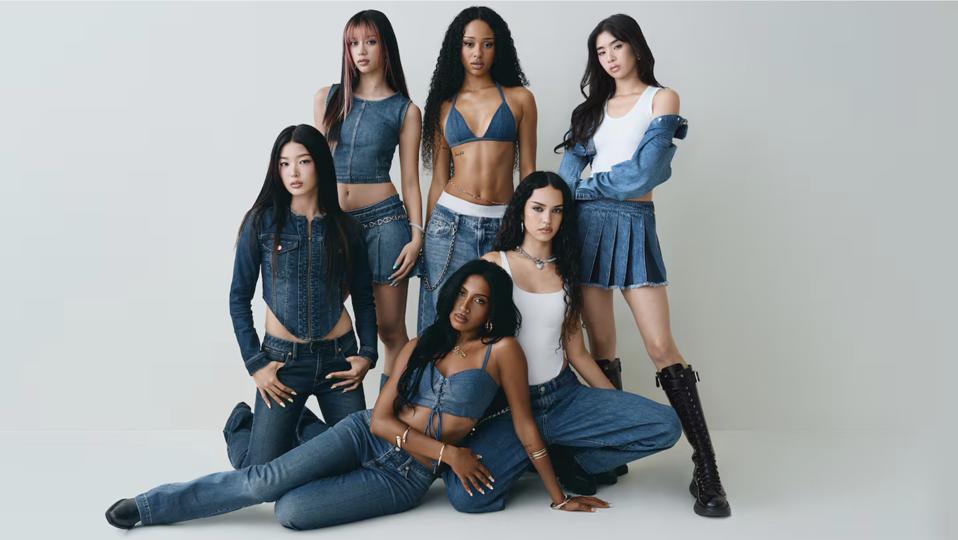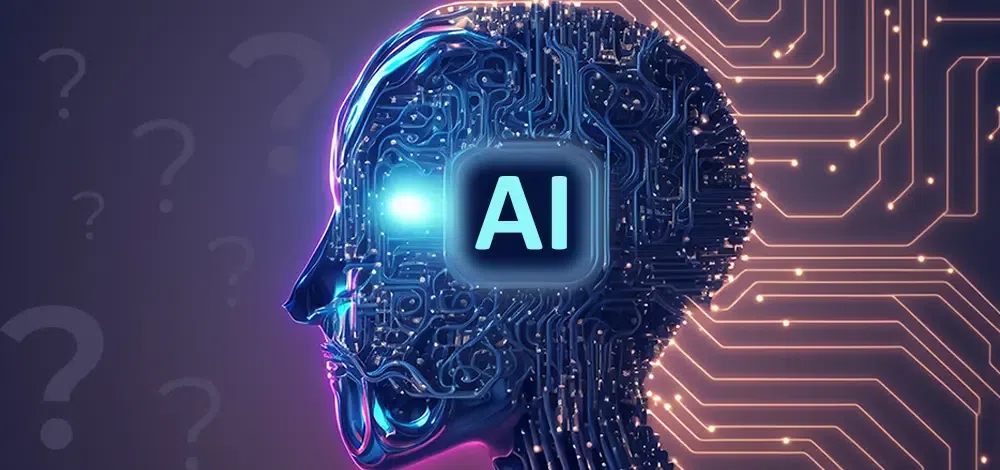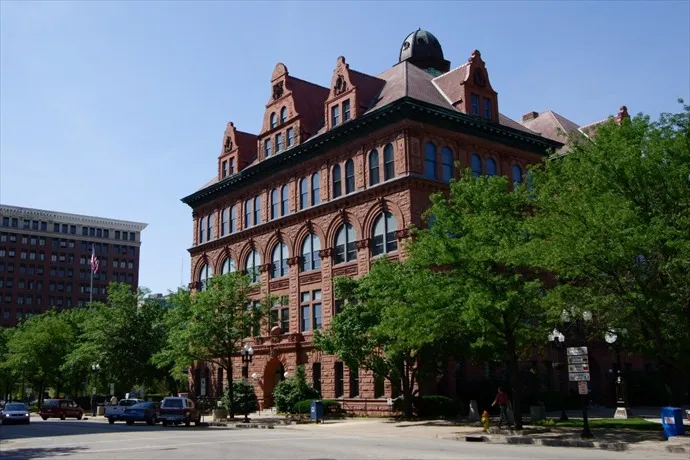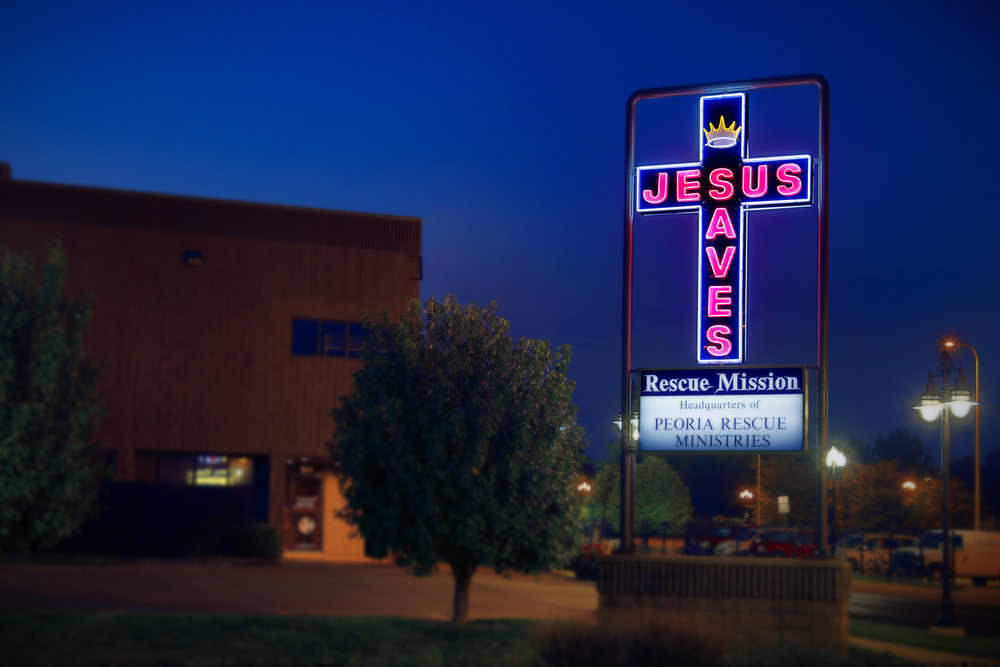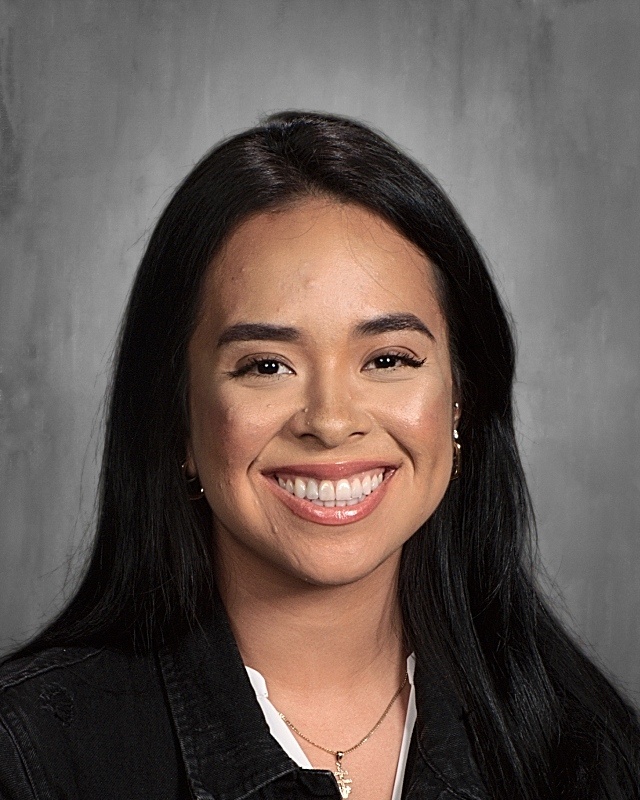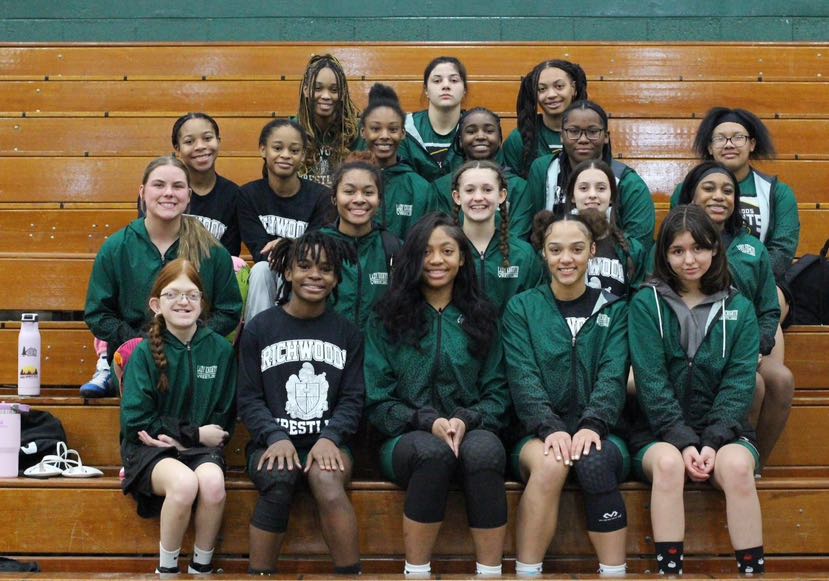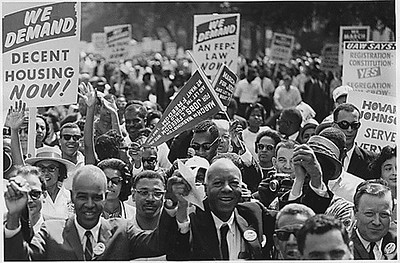OpenAI, founded in December 2015, is an American artificial intelligence non-profit organization. The organization was founded by Sam Altman, Elon Musk, Ilya Sutsveker, and Greg Brockman who stated that their goal has been to promote the advancement of artificial intelligence to “benefit humanity as a whole.” It is recently well-known for its development of ChatGPT, a chatbot launched in 2022 which is “trained to follow instruction and provide a detailed response” (OpenAI).
ChatGPT was trained through collection of data, books, articles, and by humans. With this information, ChatGPT works to create humanlike responses to questions posed by users. This AI effectively understands a variety of information and topics – from homework to research, ChatGPT has been used by millions of users for virtually anything. Some other examples include: creating text messages, aid for writing essays, writing poems, writing product descriptions, social media, and answering questions on any subject in replacement of Google.
Sam Altman, a leading figure in artificial intelligence and entrepreneurship, was also the co-founder of ChatGPT. He had previously been the CEO of OpenAI since 2019. On November 17th, OpenAI announced their leadership transition. Sam Altman was unexpectedly fired after he was accused of not being “consistently candid in his communications with the board.” Employees inside OpenAI and workers in the technology community aided in this coup and sudden firing. As said by Business Insider, this was an “erratic move by a board that was prioritizing ideology over the demands of its stakeholders and the wishes of its employees.” Board members have been said to disagree with his approach to decisions made with artificial intelligence technology.
Furthermore, Altman has had strained relations with other leaders of the OpenAI organization. Altman did not always find himself on the same page as Helen Toner, a board member. Toner had previously released a paper in October expressing that ChatGPT’s release was “frantic corner-cutting” and that future problems could arise with the Federal Trade Commission. Though Toner reportedly offered to write an apology to OpenAI’s board, Altman in an email stated that, “I did not feel we’re on the same page on the damage of all this.”
Similarly, Altman also experienced some clashes with OpenAI’s chief scientist Ilya Sutskever. Sutskever was worried that Altman was “pushing OpenAI to develop technology too rapidly and wanted to take a more cautious approach” (Business Insider). Sutskever also expressed frustration at lack of voice in decision making. Altman began promoting another high-level researcher, further increasing tensions as Sutskever believed this was a target to his standing in the company. Sutskever spoke to other board members implying he would quit, as a form of protest, which in turn led the Times to report that “they saw as a demand that they choose between Sutskever and Altman.”
In response, Sam Altman was taken from his position as CEO. In a blog post the board said, “Mr. Altman’s departure follows a deliberate review process by the board, which concluded that he was not consistently candid in his communications with the board, hindering its ability to exercise its responsibilities.” They also said that “The board no longer has confidence in his ability to continue leading OpenAI.” President Greg Brockman also stepped down from his position as the board chair saying that he had quit “based on today’s news.” Brockman wrote that, “Sam and I are shocked and saddened by what the board did today.”
Following this, chief technology officer Mira Murati was instated as an interim CEO. The OpenAI company was to conduct research to find a permanent CEO in the meantime. Murati had been on OpenAI’s leadership team for five years prior to this. As shown in a statement released by OpenAI, “She brings a unique skill set, understanding of the company’s values, operations, and business, and already leads the company’s research, product and safety functions.” OpenAI anticipated a seamless transition with Murati acting as interim CEO due to her qualifications, as they continued to search for a permanent CEO.
This situation, however, only lasted a short while. Sam Altman was officially reinstated as CEO on November 30th. OpenAI also revealed that a new set of board members would be introduced, with Microsoft Corp. joining as a new observer. Though Microsoft was already a large investor of the company, they had not had an active position in the board before. Mira Murati, who had been interim CEO, returned to her position of CTO. Greg Brockman also returned as the company’s president as he left in protest of Altman’s firing.
Though in the last few months, OpenAI has experienced many changes in their leadership and tensions between members of the company, power seems to have been reinstated to those who were fired or left. Microsoft President Brad Smith told reporters that, “OpenAI is ending the month of November with stronger governance and a governance foundation than it had when the month began.” Moving forward, users of OpenAI can expect some changes in leadership with new board members and more involvement on Microsoft’s part. However, Smith also stated that, “I don’t see a future where Microsoft takes control of OpenAI,” suggesting that users have little to worry about with Microsoft’s observations.


